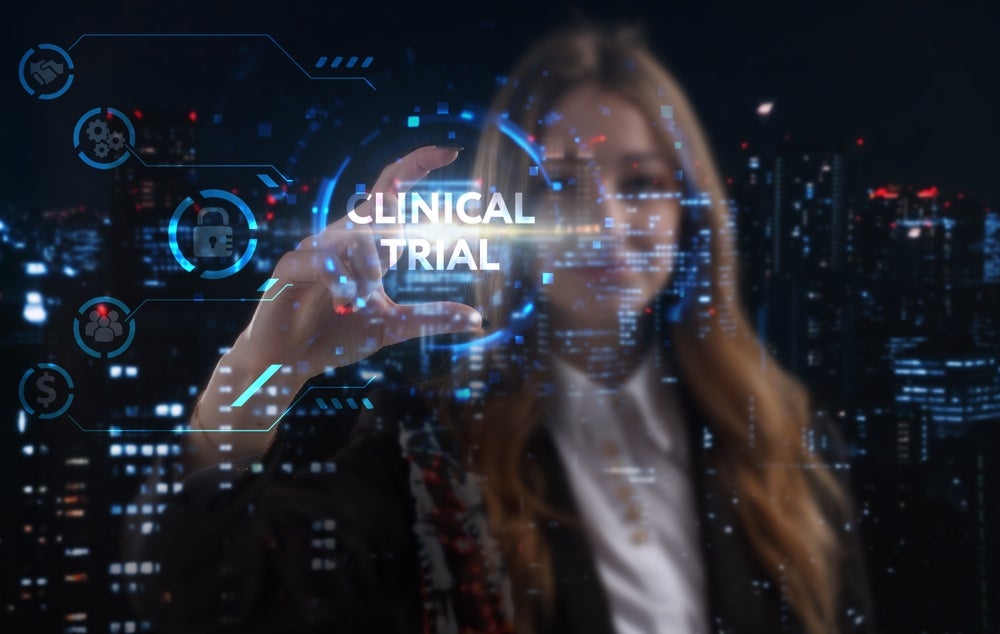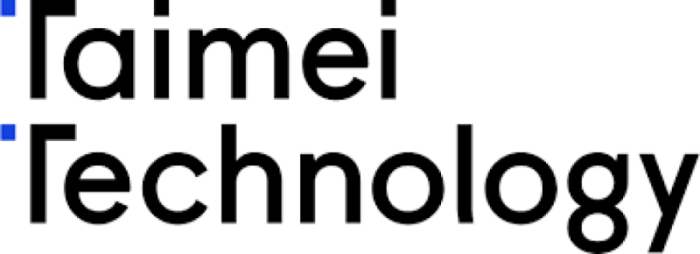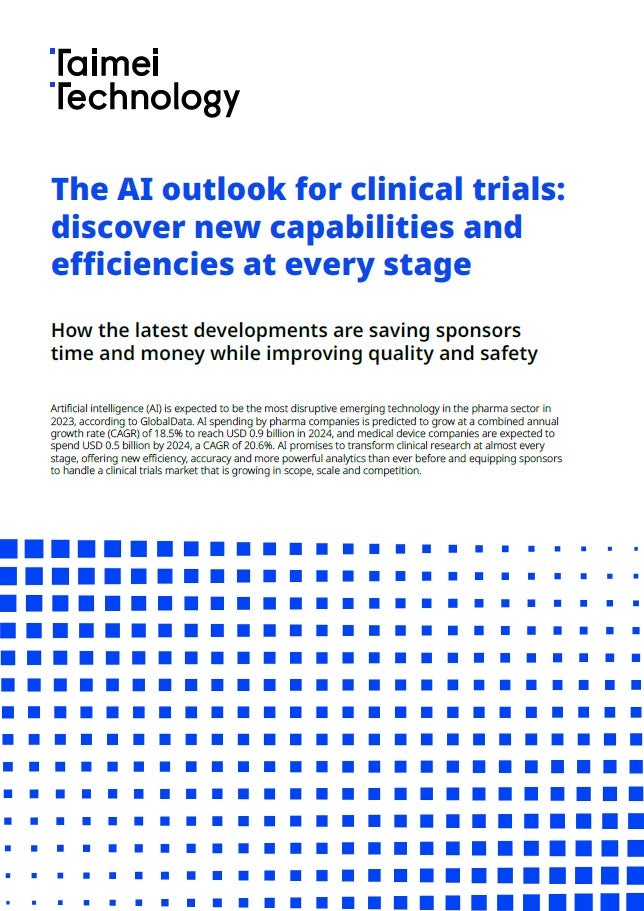
Low patient recruitment and retention rates, trial delays, excessive expenses… For the clinical trial industry, there are a slew of hurdles that must be overcome in the pursuit of efficient, profitable, and safe trial management. It’s no surprise then, that the sector has turned to advanced technologies in the quest to overcome these pain points, seeking to streamline everything from electronic health records and patient registries, to genomics and wearable devices.
Increasingly, tech such as automation, AI, cloud computing, and machine learning is being leveraged to perform a number of complex processes. This includes handling large data sets, accelerating drug discovery and development, optimising manufacturing processes and supply chain management, and assisting in the creation of innovative sales and marketing strategies.
When it comes to data management in particular, these technologies are key to the efficient utilisation of the huge amounts of data generated by life science industries. And the steady expansion of pharma companies incorporating automation and data analytics across their value chain, as well as the rise of decentralised clinical trials, indicates that these technologies are becoming more widespread.
In fact, the predictive modelling and simulation capabilities that this tech offers can allow for improved candidate screening and trial selection, optimisation of clinical trial designs, and better forecasting of medication demand.
What’s more, for pharma companies, time to market is critical, and digital components can help speed up development and reduce costs.
Accelerating timelines
The average cost of getting a drug to market scaled from nearly $2 billion in 2021 to $2.284 billion in 2022, according to GlobalData’s thematic intelligence report, Digital Transformation and Emerging Technologies in the Healthcare Industry 2023 Edition.
In such a scenario, harnessing the power of smart technologies in clinical trials can significantly contribute to accelerating timelines. For example, data management systems such as EDC (Electronic Data Capture) can go a long way in speeding up clinical trial processes. With these platforms, clinical trial data can be collected, validated, analysed, and managed in real time, ensuring consistent and standardised data collection. Researchers can detect and highlight potential quality issues using real-time data monitoring capabilities. To further accelerate clinical research, some EDC systems incorporate AI engines to shorten study builds and data management activities by reducing repetitive human tasks, such as DVP automation.
Ensuring compliance and data integrity
Digital health systems can also provide trial investigators and sponsors with real-time data on patient medication adherence and inventory. For instance, Clinical Trial Management Systems (CTMS) enable real-time visibility into trial activities, allowing sponsors, contract research organisations, investigators, and site personnel to monitor progress, track milestones, and identify any issues or delays.
This collaborative approach ensures that safety issues and medical burdens are addressed as soon as possible, easing the strain on study participants and stakeholders. By automating manual tasks and eliminating the need for duplicate data entry, CTMS also ensures data integrity and adherence to the trial protocol and regulatory requirements.
For sponsors, incorporating compliance considerations into the planning and execution of clinical trials can help minimise delays and ensure efficient drug development. An electronic Trial Master File (eTMF) system is another useful digital tool that ensures compliance with regulatory standards by providing a centralised and secure platform for managing and tracking clinical trial documents. eTMF can help sponsors and CROs prepare for regulatory inspections by ensuring that the most recent versions of trial documentation are used. It also provides an audit trail to help verify compliance with regulatory standards and transparency during audits.
These systems offer strong security safeguards to protect confidential trial documents, ensuring that only authorised parties can access specific papers. This adds to data integrity, confidentiality, and compliance with data protection regulations.
Collaboration is key
Collaboration among stakeholders is critical and a one-stop platform is fundamental to accelerating launches and bringing efficiencies.
Enter Taimei’s TrialOS platform.
As a leading digital cooperation platform for life science, Taimei Technology specialises in providing innovative technologies for clinical research and pharmacovigilance. Clinical data management solutions provided by the company include eBalance (RTSM) and eCollect (EDC), which use AI and machine-learning to automate and continuously shorten study startup timelines and data management activities over time.
Taimei Technology’s eCooperate (CTMS) platform provides operational flexibility and can be used in a multi-hyphenate system with eArchives (eTMF), eCollect (EDC), and others for a centralised and secure clinical trial database. The company also provides a digitally based pharmacovigilance offering in Serious Adverse Event (eSAE) management. In addition to being GCP and GVP compliant, eSAE focuses SAEs from collection to archiving and can reportedly reduce manual processes by almost 50%.
Taimei’s TrialOS effectively links multiple stakeholders in the pharmaceutical sector, including hospitals, drug manufacturers, regulators, and patients. The platform has been used by thousands of customers to streamline operations such as clinical research projects, clinical trial documentation, and patient data by leveraging advanced AI, big data, and cloud computing.
According to Nate Zhang, CEO of Taimei Technology US: “We are committed to building the digital infrastructure of clinical research which will bring most clinical research processes online and enable immediate interactions with each party anywhere, anytime. With the combination of collaboration-first, AI-based, and cloud-native SaaS software + IoCR (Internet of Clinical Research), we are on the right path to providing digital clinical research solutions covering both End-2-End and Best-of-Breed that will benefit the industry to increase productivity and speed-to-market.”
Taimei Technology’s TrialOS platform enables the life sciences industry to expedite drug development by providing in-depth insights on drug R&D and pharmacovigilance.
To learn more about Taimei Technology’s advanced technology solutions for the life science sector, visit www.taimei.com



